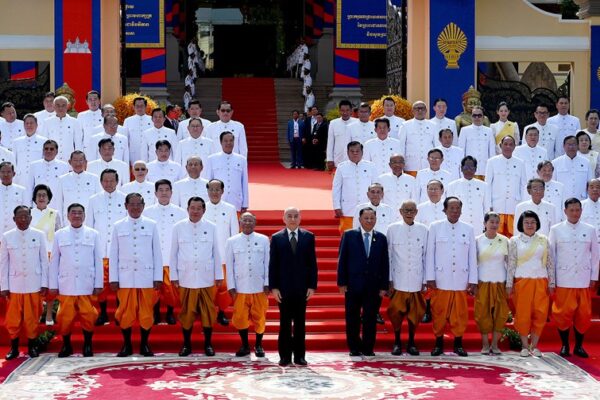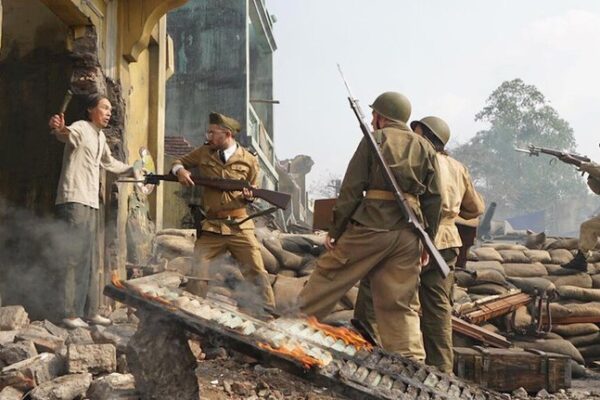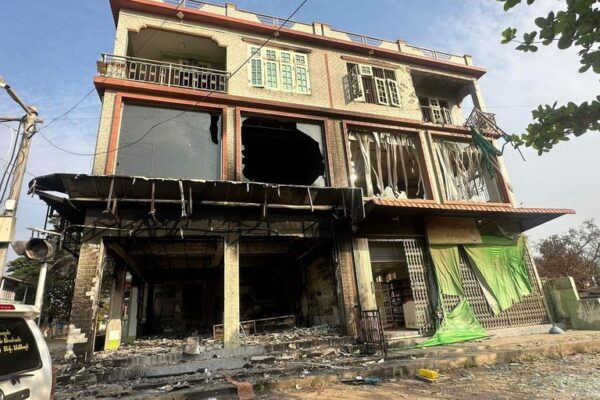Australia pledges new funds for maritime cooperation as ASEAN summit begins
Updated March 04, 2024, 03:05 a.m. ET. Canberra will invest $64 million Australian dollars (US$41.8 million) over the next four years, including A$40 million in new funding, to expand maritime cooperation with Southeast Asia, Australian Foreign Minister Penny Wong said on Monday. Wong made the pledge at a forum on the sidelines of the ASEAN-Australia Special Summit 2024 in Melbourne, which will celebrate 50 years of partnership between Australia and the regional bloc. The summit is being held against a backdrop of increasingly assertive posturing by China in the South China Sea and the intensifying civil war in Myanmar, both of which are likely to be high on the agenda. Wong said the new funds for maritime cooperation would contribute to security and prosperity within the region. “What happens in the South China Sea, in the Taiwan Strait, in the Mekong subregion, across the Indo-Pacific, affects us all,” she said in her keynote address Monday. She said the “region’s character” was under challenge and that no country must dominate. “We face destabilizing, provocative and coercive actions, including unsafe conduct at sea and in the air and militarisation of disputed features,” Wong said, without singling out a specific nation. China asserts sovereignty over almost all of the South China Sea, through which trillions of dollars in trade passes each year, putting it at odds with the Philippines, Malaysia, Brunei, Vietnam, and Taiwan. In 2016, an international tribunal refuted the legal basis for nearly all of China’s expansive maritime and territorial claims in the waterway. It said that Beijing’s insistence on holding “historic rights” to the waters were inconsistent with the United Nations Convention on the Law of the Sea, or UNCLOS. Beijing has never recognized the 2016 arbitration or its outcome. Speaking at the same forum, Philippines Secretary of Foreign Affairs Enrique Manalo said the rule of law and especially UNCLOS was the fundamental starting point for maritime cooperation in the region. “The shared stewardship of the seas and oceans in the region behooves us to unite in preserving the primacy of international law so we can ensure equitable and sustainable outcomes for all,” he said. “It also calls for us to stand firmly together in opposing actions that contradict or are inconsistent with international law.” The Philippines under the presidency of Ferdinand Marcos Jr. has taken a stronger stance in dealing with Beijing on the South China Sea. Marcos has also pursued warmer ties with the United States, a traditional ally, reversing the policies of his predecessor Rodrigo Duterte. In recent months, tensions between Manila and Beijing have led to numerous run-ins, including the China Coast Guard’s alleged harassment of Filipino vessels delivering provisions to troops at its military outpost on Ayungin (Second Thomas) Shoal in the South China Sea. On Monday, the Philippine Coast Guard deployed a patrol vessel to Benham Rise, a huge resource-rich underwater plateau off the eastern coast of the archipelago, amid reports of Chinese research vessels there. The 83-meter (272 foot) long BRP Gabriela Silang will also visit the northern Batanes islands, near Taiwan, the coast guard said. Benham Rise, which is part of the Philippines’ extended continental shelf, does not fall within Beijing’s “nine-dash line” territorial claims in the South China Sea but that has not stopped China from conducting surveying missions in the area. Camille Elemia in Manila contributed to this report. BenarNews is an RFA-affiliated online news organization. Updated to include Monday’s developments in the South China Sea.






